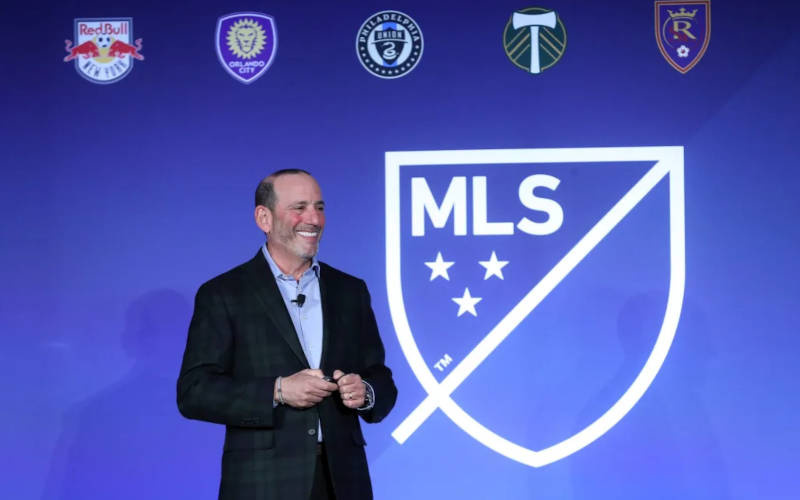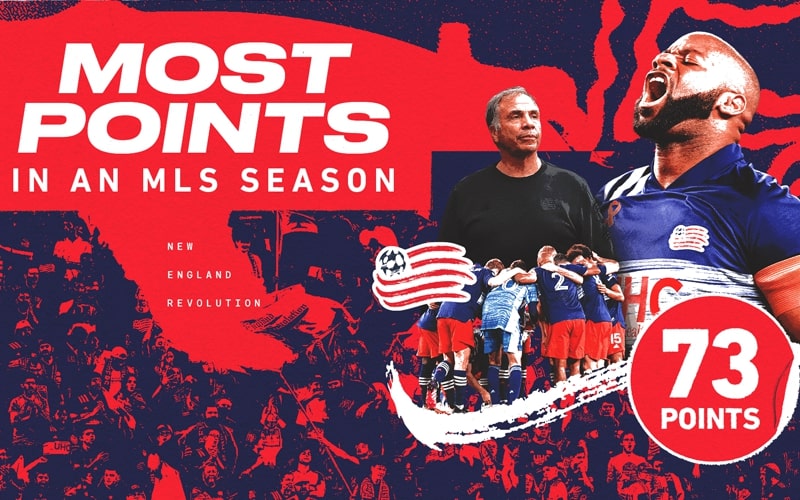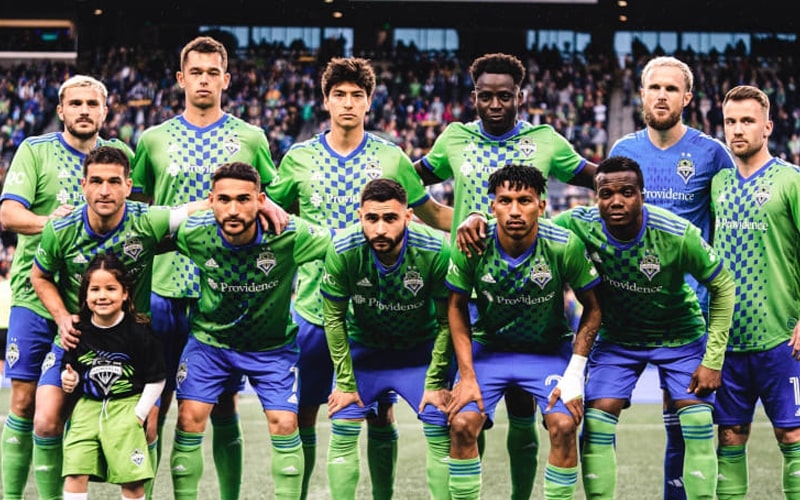There are currently 29 teams in MLS, divided into two conferences – the Eastern Conference and the Western Conference. Each conference is designed to maintain a competitive balance and reduce the travel burden for teams during the regular season. Let’s dive right in.
Overview of MLS Teams
Eastern Conference
Atlanta United FC
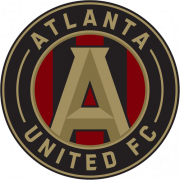
- Location: Atlanta, Georgia
- Stadium: Mercedes-Benz Stadium
- Capacity: 42,500
- Founded: 2014
- Joined: 2017
- Head Coach: Gonzalo Pineda
Atlanta United FC quickly became an MLS powerhouse, winning the MLS Cup in 2018. The team is known for its passionate fanbase and record-breaking attendance numbers.
Charlotte FC
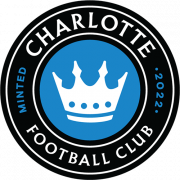
- Location: Charlotte, North Carolina
- Stadium: Bank of America Stadium
- Capacity: 38,000
- Founded: 2019
- Joined: 2022
- Head Coach: Christian Lattanzio
Charlotte FC is the league’s newest expansion team, aiming to make its mark in the Eastern Conference. The club is focused on building a strong roster and fanbase.
- Location: Chicago, Illinois
- Stadium: Soldier Field
- Capacity: 24,995
- Founded: 1997
- Joined: 1998
- Head Coach: Ezra Hendrickson
Chicago Fire FC won the MLS Cup in their inaugural season and has a storied history in the league. The team is working on rebuilding and returning to its former glory.
FC Cincinnati
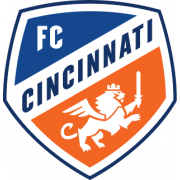
- Location: Cincinnati, Ohio
- Stadium: TQL Stadium
- Capacity: 26,000
- Founded: 2015
- Joined: 2019
- Head Coach: Pat Noonan
FC Cincinnati joined MLS after a successful run in the USL. The team is still finding its footing in the league and has a dedicated fanbase that supports them through the process.
Columbus Crew

- Location: Columbus, Ohio
- Stadium: Lower.com Field
- Capacity: 20,371
- Founded: 1994
- Joined: 1996
- Head Coach: Wilfried Nancy
Columbus Crew is one of the original MLS teams and has won two MLS Cups. The club moved to a new stadium, Lower.com Field, in 2021, and looks to build on its history of success.
D.C. United
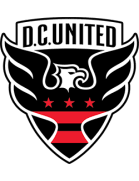
- Location: Washington, D.C.
- Stadium: Audi Field
- Capacity: 20,000
- Founded: 1994
- Joined: 1996
- Head Coach: Wayne Rooney
D.C. United is a historically successful club with four MLS Cup titles. The team is coached by former England international Wayne Rooney, who aims to lead the team back to the top.
Inter Miami CF
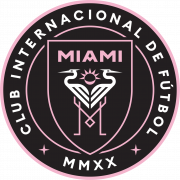
- Location: Fort Lauderdale, Florida
- Stadium: DRV PNK Stadium
- Capacity: 18,000
- Founded: 2018
- Joined: 2020
- Head Coach: Phil Neville
Co-owned by David Beckham, Inter Miami CF is a new team in the league with high ambitions. The club is building its roster and identity while attracting attention from around the world.
CF Montréal
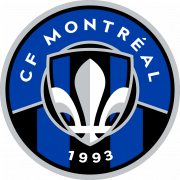
- Location: Montreal, Quebec
- Stadium: Saputo Stadium
- Capacity: 19,619
- Founded: 1992
- Joined: 2012
- Head Coach: Hernán Losada
CF Montréal, formerly known as Montreal Impact, is known for its passionate fans and French-speaking heritage. The club is working to establish itself as a consistent playoff contender in the Eastern Conference.
Nashville SC
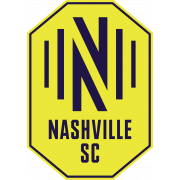
- Location: Nashville, Tennessee
- Stadium: Geodis Park
- Capacity: 30,000
- Founded: 2016
- Joined: 2020
- Head Coach: Gary Smith
Nashville SC has made a strong start in MLS, reaching the playoffs in their inaugural season. The team has a solid defensive foundation and is looking to build on its early success.
New England Revolution
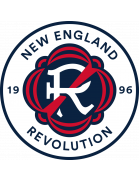
- Location: Foxborough, Massachusetts
- Stadium: Gillette Stadium
- Capacity: 20,000
- Founded: 1995
- Joined: 1996
- Head Coach: Bruce Arena
New England Revolution is one of the original MLS teams and has reached the MLS Cup Final five times without a win. Under the guidance of experienced coach Bruce Arena, the team is striving for its first championship.
New York City FC
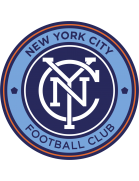
- Location: New York City, New York
- Stadium: Yankee Stadium
- Capacity: 30,321
- Founded: 2013
- Joined: 2015
- Head Coach: Nick Cushing
NYCFC, backed by the same ownership as Manchester City, has quickly become a strong contender in the Eastern Conference. The club is known for attracting high-profile players and searching for a soccer-specific stadium.
New York Red Bulls
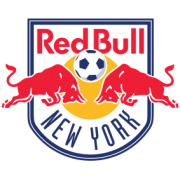
- Location: Harrison, New Jersey
- Stadium: Red Bull Arena
- Capacity: 25,000
- Founded: 1994
- Joined: 1996
- Head Coach: Gerhard Struber
The New York Red Bulls are an original MLS team with a strong academy system. Despite regular-season success, the team is still seeking its first MLS Cup title.
Orlando City SC
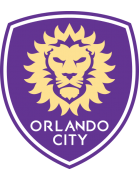
- Location: Orlando, Florida
- Stadium: Exploria Stadium
- Capacity: 25,500
- Founded: 2010
- Joined: 2015
- Head Coach: Óscar Pareja
Orlando City SC has developed a strong fanbase since joining MLS. The team, led by coach Óscar Pareja, is working to establish itself as a consistent playoff contender.
Philadelphia Union

- Location: Chester, Pennsylvania
- Stadium: Subaru Park
- Capacity: 18,500
- Founded: 2008
- Joined: 2010
- Head Coach: Jim Curtin
Philadelphia Union has grown into a strong team in recent years, with a focus on player development and a successful academy. The club won its first Supporters’ Shield in 2020 and finished second in the MLS Cup 2022. They lost the finals against LAFC on penalties.
Toronto FC
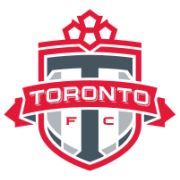
- Location: Toronto, Ontario
- Stadium: BMO Field
- Capacity: 28,351
- Founded: 2005
- Joined: 2007
- Head Coach: Bob Bradley
Toronto FC is the first Canadian team to win an MLS Cup (2017) and has been a strong contender in the Eastern Conference. The club is known for its passionate fans and high-profile signings.
Western Conference
Austin FC
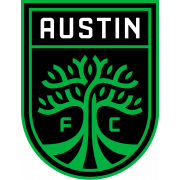
- Location: Austin, Texas
- Stadium: Q2 Stadium
- Capacity: 20,738
- Founded: 2018
- Joined: 2021
- Head Coach: Josh Wolff
Austin FC is the first top-tier professional sports team in the city, and its inaugural season in 2021 saw strong support from the local community. The club is building its identity and roster for future success.
Colorado Rapids
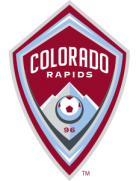
- Location: Commerce City, Colorado
- Stadium: Dick’s Sporting Goods Park
- Capacity: 18,061
- Founded: 1995
- Joined: 1996
- Head Coach: Robin Fraser
The Colorado Rapids, one of the original MLS teams, won the MLS Cup in 2010. The club is focused on developing young talent and returning to the top of the Western Conference.
FC Dallas
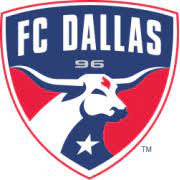
- Location: Frisco, Texas
- Stadium: Toyota Stadium
- Capacity: 19,096
- Founded: 1995
- Joined: 1996
- Head Coach: Nico Estévez
FC Dallas is known for its strong academy system, which has produced numerous US national team players. The club has been consistently competitive in the Western Conference but is still seeking its first MLS Cup title.
Houston Dynamo FC
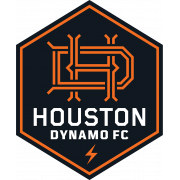
- Location: Houston, Texas
- Stadium: Shell Energy Stadium
- Capacity: 22,039
- Founded: 2005
- Joined: 2006
- Head Coach: Ben Olsen
Houston Dynamo FC won back-to-back MLS Cups in 2006 and 2007. The team has experienced ups and downs in recent years and is working to rebuild under new head coach Ben Olsen.
Sporting Kansas City
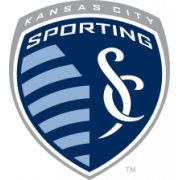
- Location: Kansas City, Kansas
- Stadium: Children’s Mercy Park
- Capacity: 18,467
- Founded: 1995
- Joined: 1996
- Head Coach: Peter Vermes
Sporting Kansas City, formerly known as the Kansas City Wizards, has two MLS Cup titles to its name. The club has a reputation for a strong, attacking style of play and a passionate fanbase.
LA Galaxy
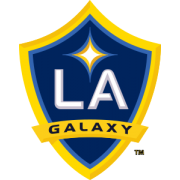
- Location: Carson, California
- Stadium: Dignity Health Sports Park
- Capacity: 27,000
- Founded: 1994
- Joined: 1996
- Head Coach: Greg Vanney
The LA Galaxy is one of the most successful clubs in MLS history, with five MLS Cup titles. The team has a history of signing high-profile international players and is always a contender in the Western Conference.
Los Angeles FC
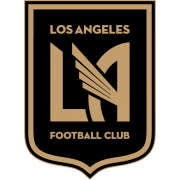
- Location: Los Angeles, California
- Stadium: BMO Stadium
- Capacity: 22,000
- Founded: 2014
- Joined: 2018
- Head Coach: Steve Cherundolo
LAFC, the winners of the 2022 MLS Cup, has a passionate fan base and an attractive style of play. The club is focused on building a winning culture and competing for championships.
Minnesota United FC
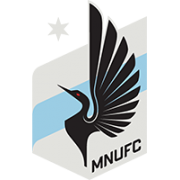
- Location: Saint Paul, Minnesota
- Stadium: Allianz Field
- Capacity: 19,400
- Founded: 2010
- Joined: 2017
- Head Coach: Adrian Heath
Minnesota United FC has experienced steady growth since joining MLS, with a strong emphasis on building a competitive roster and a loyal fanbase. The team reached the Western Conference Final in 2020.
Portland Timbers

- Location: Portland, Oregon
- Stadium: Providence Park
- Capacity: 25,218
- Founded: 1975
- Joined: 2011
- Head Coach: Giovanni Savarese
The Portland Timbers have a storied history dating back to the NASL era. The club won the MLS Cup in 2015 and is known for its passionate supporters and unique stadium atmosphere.
Real Salt Lake
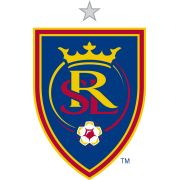
- Location: Sandy, Utah
- Stadium: America First Field
- Capacity: 20,213
- Founded: 2004
- Joined: 2005
- Head Coach: Pablo Mastroeni
Real Salt Lake won the MLS Cup in 2009 and has been a consistent presence in the playoffs. The team is known for its passionate fanbase and developing young talent from its academy.
San Jose Earthquakes
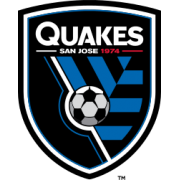
- Location: San Jose, California
- Stadium: PayPal Park
- Capacity: 18,000
- Founded: 1974
- Joined: 1996
- Head Coach: Luchi Gonzalez
The San Jose Earthquakes, one of the original MLS teams, have won two MLS Cups. The team has a long history in American soccer and is working to reestablish itself as a powerhouse in the Western Conference.
Seattle Sounders FC
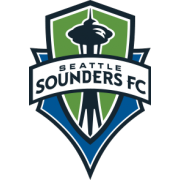
- Location: Seattle, Washington
- Stadium: Lumen Field
- Capacity: 37,722
- Founded: 1973
- Joined: 2009
- Head Coach: Brian Schmetzer
Seattle Sounders FC has been one of the most successful teams in MLS since joining the league, winning two MLS Cup titles. The club is known for its passionate fans and consistently high attendance numbers.
St. Louis City SC
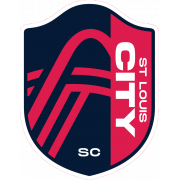
- Location: St. Louis, Missouri
- Stadium: Citypark
- Capacity: 22,500
- Founded: 2019
- Joined: 2023
- Head Coach: Bradley Carnell
St. Louis City SC is a new expansion team in MLS, looking to make an impact in the Western Conference. The club is focused on building a strong roster, fanbase, and establishing its identity in the league.
Vancouver Whitecaps FC
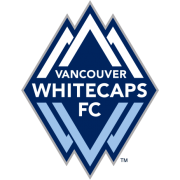
- Location: Vancouver, British Columbia
- Stadium: BC Place
- Capacity: 22,120
- Founded: 1973
- Joined: 2011
- Head Coach: Vanni Sartini
Vancouver Whitecaps FC has a long history in North American soccer, with a dedicated fanbase and a scenic stadium location. The team is working to become a consistent playoff contender in the Western Conference.
MLS Expansion History
Original teams at the league’s inception
MLS began with ten teams in its inaugural 1996 season. These original teams were:
- Columbus Crew SC
- D.C. United
- New England Revolution
- NY/NJ MetroStars (now New York Red Bulls)
- Tampa Bay Mutiny (defunct)
- Colorado Rapids
- Dallas Burn (now FC Dallas)
- Kansas City Wiz (now Sporting Kansas City)
- Los Angeles Galaxy (now LA Galaxy)
- San Jose Clash (now San Jose Earthquakes)
Overview of past expansion phases and new teams added
Since its establishment, MLS has gone through several expansion phases, adding new teams to the league to fuel its growth. Some notable expansion milestones include:
- 2005: Real Salt Lake and Chivas USA (defunct)
- 2007: Toronto FC (first Canadian team)
- 2009: Seattle Sounders FC
- 2010: Philadelphia Union
- 2011: Portland Timbers and Vancouver Whitecaps FC
- 2012: Montreal Impact (now Club de Foot Montréal)
- 2015: Orlando City SC and New York City FC
- 2017: Atlanta United FC and Minnesota United FC
- 2018: Los Angeles FC
- 2019: FC Cincinnati
- 2020: Inter Miami CF and Nashville SC
- 2021: Austin FC
- 2022: Charlotte FC
- 2023: St. Louis SC
Factors influencing the league’s expansion decisions
MLS’s expansion strategy has been influenced by various factors, such as market size, ownership stability, stadium plans, and fan support. The league aims to establish a strong presence in regions with significant growth potential and a passion for soccer.
How Expansion Impacts the League
Competitive balance and talent distribution
The addition of new teams has diversified the talent pool and created a more competitive environment across the league. Expansion drafts and the introduction of new Designated Players and Homegrown Players have helped maintain a balance of talent among the clubs.
Increasing the league’s footprint and fanbase
Expansion has allowed MLS to tap into new markets and attract a larger fanbase. This growth has led to increased revenues through merchandise sales, sponsorships, and broadcast deals, contributing to the league’s overall financial stability and success.
Stadium and infrastructure development
As new teams join MLS, they often build or renovate stadiums to provide a world-class experience for their fans. These stadium projects not only boost the local economy but also elevate the league’s profile and attract more high-quality players. The development of training facilities and youth academies has also contributed to the growth of soccer in the United States and Canada.
International Comparison
Comparing the number of teams in MLS with other major football leagues
When comparing the number of teams in MLS to other major football leagues around the world, it’s essential to consider the vast geographic area that MLS covers. While some European leagues may have a larger number of clubs, their geographic regions are considerably smaller than North America. For instance, the English Premier League has 20 clubs, Spain’s La Liga has 20 clubs, and Italy’s Serie A has 20 clubs. As MLS continues to expand, it will be interesting to see how it compares to these established leagues in terms of size and competition.
Pros and cons of a larger vs smaller league size
A larger league size can lead to increased revenue and more opportunities for talent development. However, it can also create challenges in terms of maintaining competitive balance and ensuring that all clubs receive adequate attention and resources. Conversely, a smaller league size may lead to a more concentrated pool of talent and greater competition among clubs, but it may also limit the league’s ability to reach new markets and grow its fanbase.
Summary
The number of teams in MLS has grown significantly since its inception, with 29 teams currently competing in the league. This growth has been driven by factors such as market size, ownership stability, stadium plans, and fan support. As MLS continues to expand and add new teams, it will be crucial to strike a balance between maintaining competitive parity and fostering the league’s overall growth. As the league’s profile continues to rise, it’s essential for fans and enthusiasts to stay informed about the evolving landscape of Major League Soccer.
